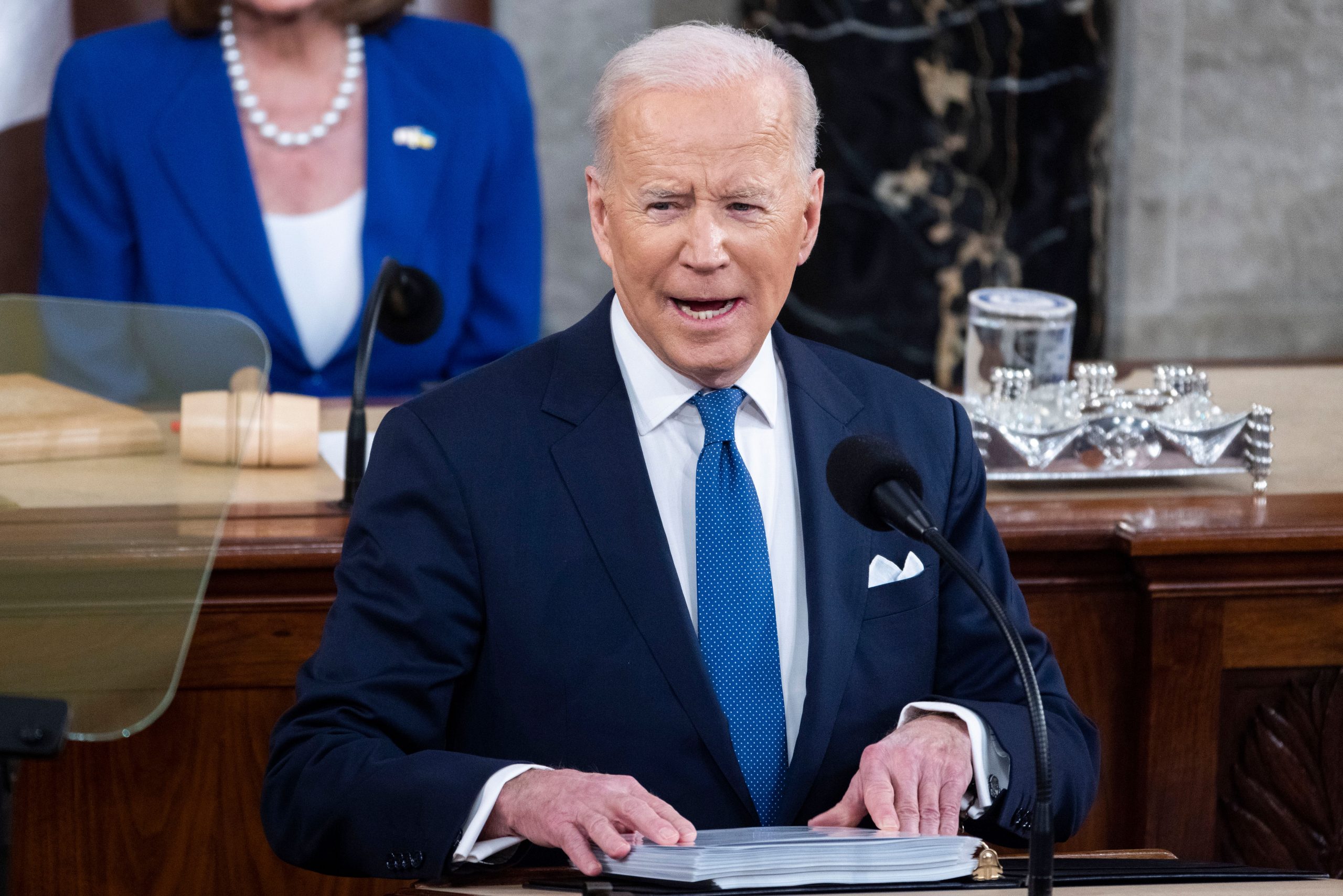The Inflation Reduction Act, signed by President Joe Biden on August 16 is still significant legislation that will make meaningful investments in the environment and health care and raise taxes on some important groups.
The bill includes provisions to reduce the cost of prescription drugs, expand medicare benefits, promote the use of renewable energy sources, and lessen the effects of climate change.
Also Read| With Liz Cheney’s Congress exit, what’s next for the January 6 committee?
It will also raise taxes on some corporations and strengthen the Internal Revenue Service’s ability to prosecute wealthy tax evaders. It will reduce the federal deficit, albeit only slightly.
Senator Kyrsten Sinema, Democrat from Arizona, the final holdout among her party’s 50 senators, requested last-minute changes to the bill. Democratic leaders agreed to lift a tax on some wealthy hedge fund managers and private equity executives in exchange for $4 billion in drought relief for her state.
Also Read| US primaries: Mike Dunleavy, Bill Walker advance to Alaska governor elections
In addition to spending, new taxes, and policies, the current bill leaves out many of the Democrats’ original goals. A comprehensive set of family policies, including a sizable child tax credit and paid family leave, that were included in a bill passed by the House last year are absent.
To reduce the cost of the bill, some health policies were dropped, such as the expansion of Medicaid to provide health insurance to more low-income adults. Furthermore, despite being the most extensive policies ever passed by a Congress, the new laws on climate change are more restrained than their predecessors.
Also Read| Elliott sold stake in Twitter amid Elon Musk deal frenzy: report
The current bill includes clean energy incentives that are comparable in size to those included in a House-passed version last year. However, it reduces spending in nearly every other category, from transportation to climate resilience. Some earlier versions’ proposed investments, such as those for lead remediation, workforce development like a Civilian Climate Corps, and electric bicycle tax credits, did not make it into the new text.
The one major exception is manufacturing: when compared to previous versions of the bill, this legislation provides a significant increase in grants, loans, and tax credits for domestic manufacturing of clean energy technology.
Also Read| US primaries: Alaska voters advance Lisa Murkowski, Sarah Palin to midterms
The Inflation Reduction Act is expected to reduce deficits by approximately $275 billion over ten years, whereas the Build Back Better plan passed by the House in November would have increased deficits by approximately $160 billion.
Democrats claim that the new bill’s provisions to lower energy and prescription drug costs as well as the deficit will help to slow the recent spike in inflation. Numerous economists, including those who support the bill, have stated that while its overall impact is likely to be modest and long-lasting, it may lessen price pressures.
Also Read| Donald Trump Jr memes Liz Cheney’s US Congress exit
Manchin, who withdrew his support for the bill passed by the House last year due to worries about price increases, was persuaded to join the cause thanks to the promise of reducing inflation.







